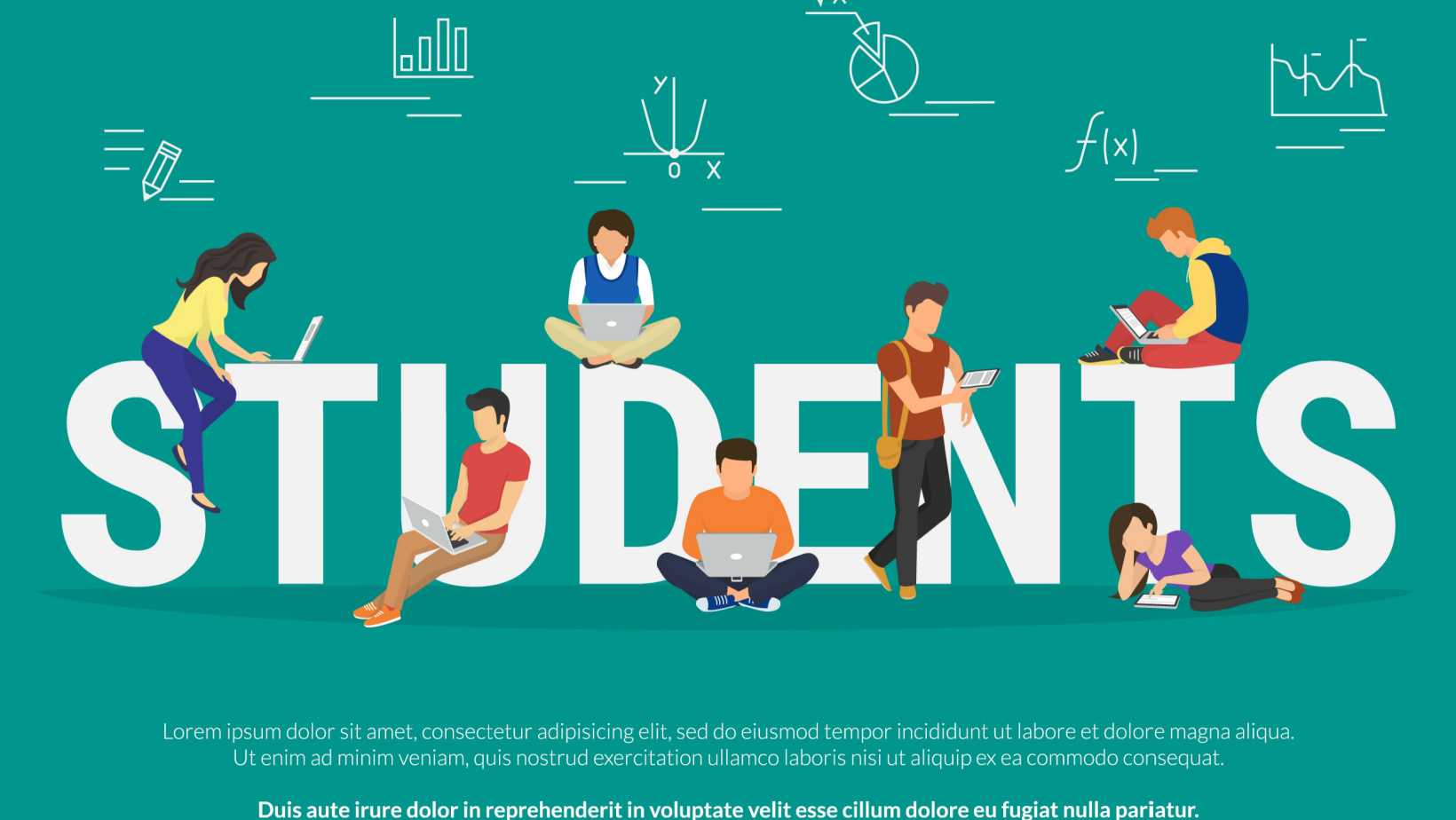The University of Arizona Dean of Students Office and Accusations of Misconduct: An Updated Guide For Parents
Introduction
Your child has become an undergraduate student at University of Arizona. Maybe you live out-of-state, and your child is hundreds –and in many cases thousands– of miles away. Then you get the call that your child got into trouble. Maybe there’s a criminal citation. Maybe the University Police came to their dorm room. You’re not sure what to do. This Guide is designed to help you.
Minor in Possession of Alcohol
First, far and away, the most common on campus-offense is Minor in Possession of Alcohol. Although it is technically a criminal offense under Arizona law, citations for minor in possession of alcohol rarely if ever end up in convictions.
Diversion
If your son or daughter received a citation for minor in possession of alcohol, they will likely have been summonsed (or signed a promise to appear) in Pima County Justice Court. For first offenses, the prosecutor’s office generally offers “diversion”– a program where if the student is accepted, and completes some classes all charges are dismissed.
But at the same time that the criminal case is preceding, your son or daughter will receive a separate summons to the Dean of Students Office to answer to separate administrative allegations of violations of the Student Code of Conduct. The typical procedural protections that are afforded defendants in criminal courts are not available
But I should say that especially compared to the alternatives, the University of Arizona Dean of Student’s office I believe is a very good place to be. The Deans are almost all experienced caring people.
At the Dean’s Meeting, particularly for a Minor in Possession charge, your son or daughter should dress nicely and appear on time ready to talk about the case. Generally for first offense cases, the Dean’s Office will impose a nominal fine, and have the student take some classes. Nothing goes on any academic record if all goes well. So far so good. A slightly different calculus applies when the conduct occurred in the dorms.
Eviction from the Dorms
One consequence that does occur, usually limited to recurring situations of alcohol or drug use in the dorms, is the Office of Student Housing can impose an eviction. This is especially hard for out of state students where parents have to fly in. It is important that your child understands that in the dorms there is little privacy and lots of rules. There’s multiple opportunities every day to imbibe, and doing it repeatedly and wantonly—especially by carousing into the night and triggering a noise complaint. A few complaints and a minor in possession charge may trigger an invitation to leave the dorms, even where little or no academic discipline is imposed.
The best way to avoid that problem is to have your son or daughter to use sensible discretion—easier said than done for an eighteen-year-old on his or her own for the first time. And if this is a dorm case and it’s a first offense—and no prior dorm complaints—it is important to emphasize that even if they don’t get evicted this time. they could get evicted were the conduct to persist or were there other complaints.
The Dean of Student’s Office is aware of this, and they support educational growth, but they indicate that they do not necessarily have the final say over dorm evictions.
Does My Child Need a Lawyer?
In most cases, at least or first offense isolated minor in possession prosecutions, many students can own the case themselves, go to court on their own, and actually get by without engaging legal counsel. This may or may not be the case when the minor in possession charge is recurring or combined with other charges, like possession of fake ID’s, attempted use of fake ID’s, DUI’s, or Domestic Violence.
False I.D.s
Second, the second most common crime enforced by the University of Arizona Police against students is the possession of a false identification card.
Nearly every student seems to have one—and probably many of you parents had them back in the day when you were in college.
Often these cases seem to arise either when students are stopped by police and asked for ID, or when a student loses their wallet and it’s turned into the police. And the police happily go through the wallet.
Just possessing a fake ID is an offense in Arizona. Note that a separate crime occurs when the student is caught trying to use the fake ID to purchase alcohol.
Just to be clear—there’s a difference between simply having a fake ID being caught trying to use it to buy alcohol when you are under 21. Those cases seem to be investigated by the State Liquor department who set up stings at a few of the liquor and convenience stores around campus.
DUI’s
Third, a DUI is a serious misdemeanor in Arizona. Many of my blogs and my website articles are dedicated to criminal proceedings in DUI’s, particularly for those under 21 years old.
Domestic Violence
Fourth, one thing that the Dean’s Office has little tolerance for is allegations of domestic violence, whether on campus or off.
In Arizona, and especially when involving students, domestic violence is often charged as either misdemeanor “assault” “criminal damage” or “disorderly conduct.” Or a combination of the three. In Arizona for an assault arrest there need by no injury—an assault can occur where your child “knowingly touches” another “with intent to harm, harass or provoke.” A poke in the chest will do it. Tossing water on a romantic partner will do it. Arm grabbing will do it.
Custodial Arrest
In most domestic violence situations the student, even with no prior record, and no injury, will experience a ‘custodial arrest’—that is they are booked and spend the night in the Pima County Jail. Your child will be released the next morning with certain restrictions on travel and behavior—do not return to the incident location, have no contact with the victim, do not leave the state, possess no weapons, do not use alcohol.
Interim Suspensions & Domestic Violence
In domestic violence situations the Dean’s Office will do their own independent and immediate investigation. This will often occur while the criminal case is going on, many times before it even starts in earnest. One of the things the Dean’s Office sometimes does- especially in allegations of injury or threats- is quickly impose an interim suspension. That means they summarily suspend the student—based on the strength of the police report– so that the student may not set foot on campus or attend any classes until the matter is resolved. This is something you want to avoid and make your case at the Dean’s Office as strongly and swiftly as reasonably possible.
Conclusion
I hope this thumbnail guide to the University of Arizona Dean of Student’s Office has been helpful.
Recommended Articles

University of Arizona students are all too often cited or arrested for misdemeanor “disorderly conduct.” This blog addresses the charge of ARS § 13-2904 “disorderly conduct” as it relates University of Arizona students involved in late-night altercations, both minor and substantial.

In Arizona, if you are under 21 you basically can’t legally drink .Any amount of alcohol in your system with few exceptions, nearly always no matter where you are and what you are doing, is illegal.

This Guide is designed to help the parents of the UofA students make informed decision in protecting the future of their children.

First, understand that in the dorms, your child’s privacy rights as a practical matter are left at the key-carded entrance.

The Arizona state courts may have signaled a new willingness to intervene in campus sexual misconduct cases in a case called Doe v. AZ Board of Regents.

About Michael Harwin
Michael’s skill and experience have been recognized repeatedly. He holds an A-V 5/5 preeminent rating by Martindale Hubbell. He has been named one of the top lawyers in Arizona by Southwest Superlawyers, and one of the best lawyers in Tucson by Tucson Lifestyle Magazine. He also has been named one of the best lawyers in the United States by BestofUS.com , and given the highest rating possible by AVVO, 10/10 Superb. Amazon Books





